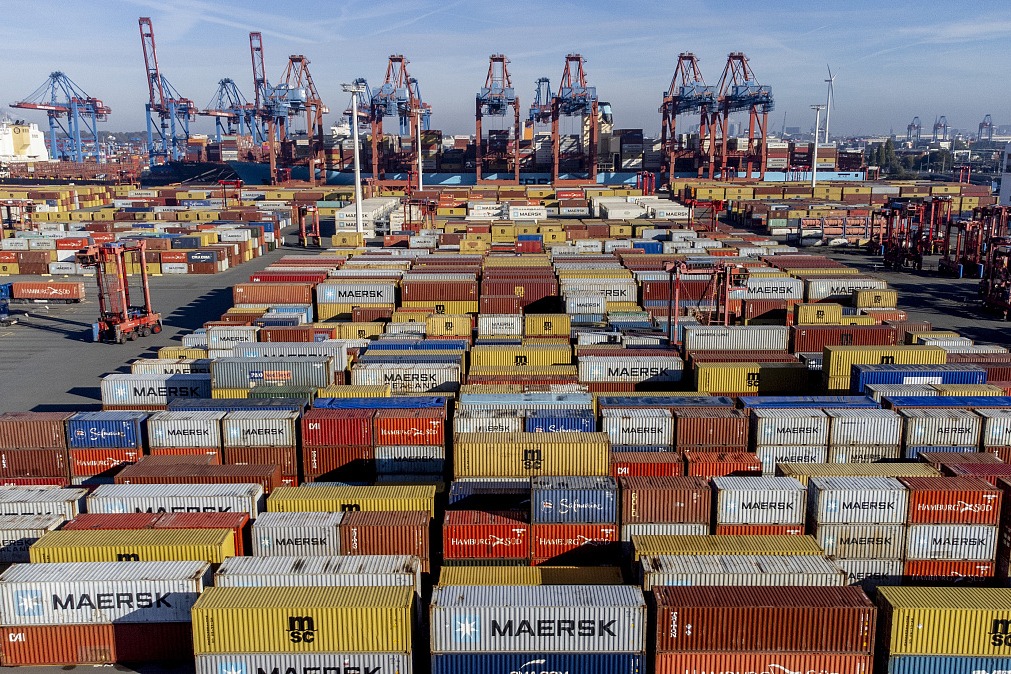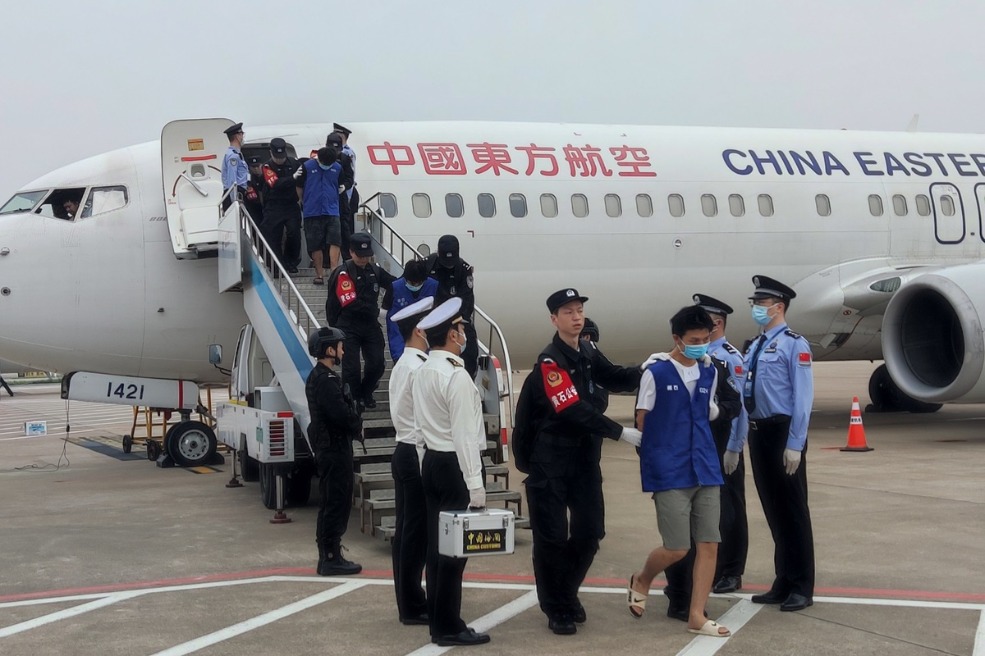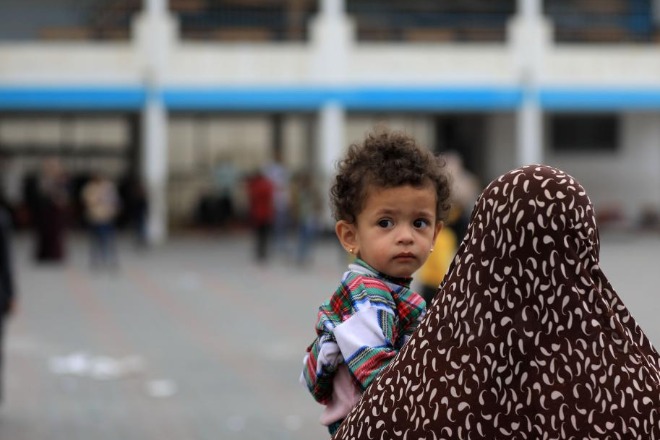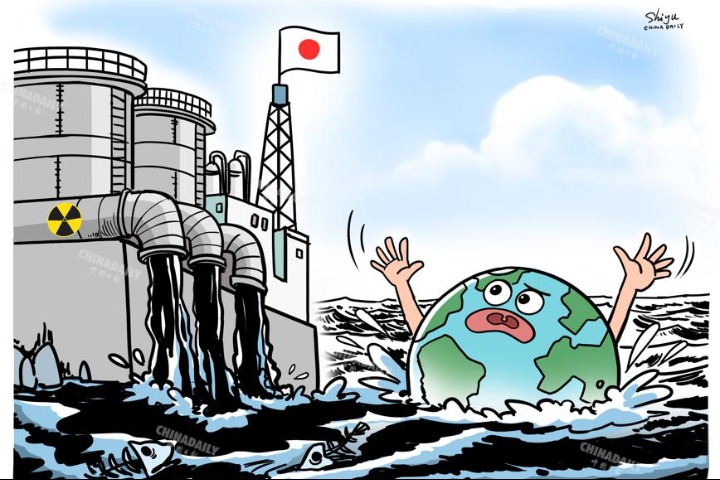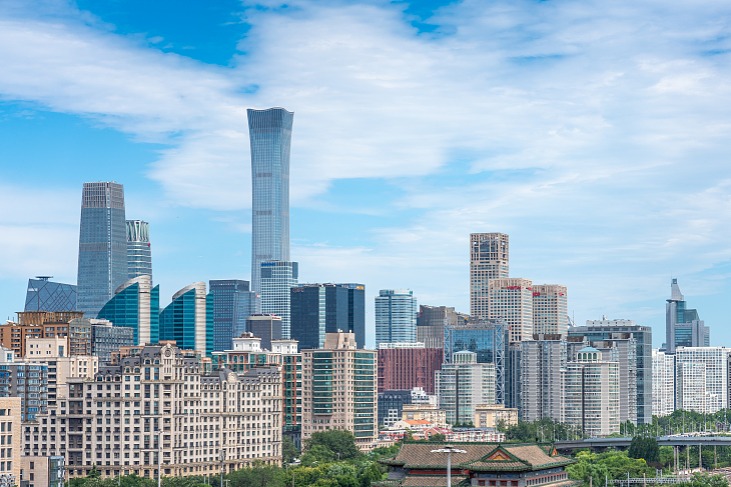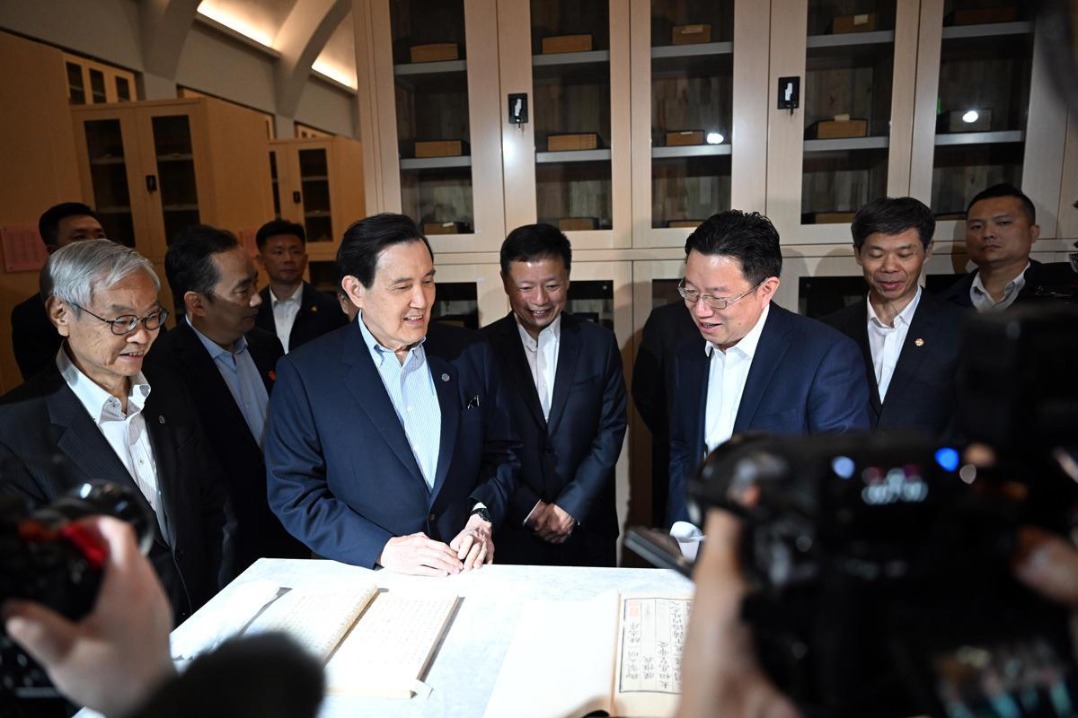Hotline helping address people's grievances


When we unpacked the caterpillar fungus we had ordered from an online store, we found both the size and number of the fungus were less than what we had ordered. The Chinese people believe caterpillar fungus is good for health and since it is difficult to get, it is very expensive — about $20 per gram.
We called the online seller, who denied that there had been any mistake on their part, and said something could have happened between the dispatch, delivery and unpacking of the packet, indicating that we could have kept aside a number of the fungus before we took the pictures of the fungus as evidence.
"Dial hotline 12345 of the shop's city and see what happens," a friend suggested. We did that, and within 48 hours the money we had paid for the fungus was re-deposited in my account. Later, a delivery man knocked on my door asking to take back the fungus. After that, the local market supervising official called me to say the seller had been warned and fined.
The hotline 12345 is becoming a source of great help for the Chinese people. The first thing many people choose to do in difficulty is to dial the hotline for help. In cities such as Beijing and Shanghai, about 20,000 people dial the hotline every day. Hotline operators from many regions claim that more than 95 percent of the questions asked on the hotline have been answered and their grievances resolved.
As in many other countries, China used to have only a few hotlines — for the firefighting department, and for rescue, police, ambulance and phone number inquiry services. Before the fungus episode, the only hotline I had used was 114 — to get the phone number of an institute.
Determined to run a transparent government and provide citizens with efficient governance, governments at different levels in China have established hotlines to bring the governments and the people closer. While answering people's questions and redressing their grievances, the huge numbers of hotlines and people employed to perform the tasks have led to the waste of resources.
It was against such a background that the State Council decided in early 2021 to merge the hotlines into one — 12345 — thus making it probably the busiest hotline in the world.
While provincial and city governments in many other countries have limited power and responsibilities, and a few employees, their counterparts in China seem to have unlimited responsibilities, from making sure the local economy is performing well to seeing to it that a certain shop is not cheating customers, and from ensuring that a major sports event, such as the Olympic Games, is successful to assuaging angry elder people quarreling over where to practice square dancing.
In the caterpillar fungus case, for example, after the region's hotline, nicknamed Mayor's Hotline, received my complaint, it sent a message to the local government department of the district where the online shop is registered. The complaint could be passed down further to the sub-district departments or officials supervising shops, both offline and online, which would investigate the case and resolve the issue. The result of the investigation is supposed to be reported to not only the parties concerned but also to the leading government departments.
Work had to be done in a rush because when getting complaints, the hotline promised "response within 48 hours" on behalf of the local government. The significance of government hotlines should not be underestimated. When thousands of questions are answered and grievances addressed through the hotline, fewer people will file lawsuits in courts to get justice.
International polls have shown, year after year, that the Chinese people's approval ratings for the Communist Party of China's governance rank the highest in the world. I think that credit should be partly attributed to the role the government hotline 12345 has played.
Yet there are people who criticize the authorities for outsourcing the hotline, an important government function, to nongovernmental companies — mostly to telecom companies — in order to save money. But the fact is that about 1,000 people are needed to operate a government hotline for a city such as Beijing, and outsourcing it is not compromising the service.
I won't complain so far as the hotline helps to solve our problems.
The author is former deputy editor-in-chief of China Daily.

















